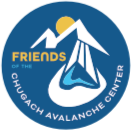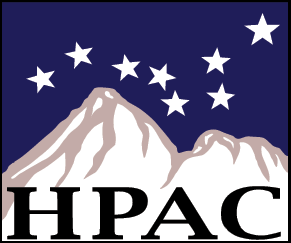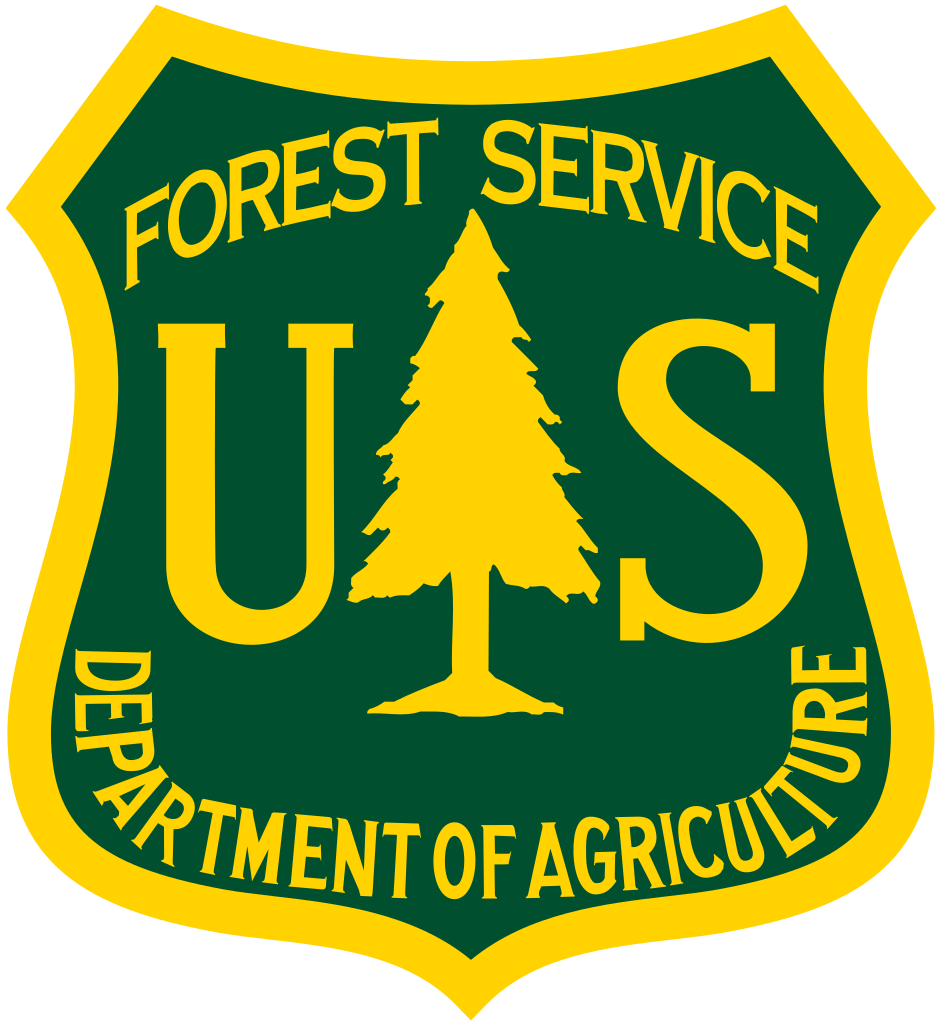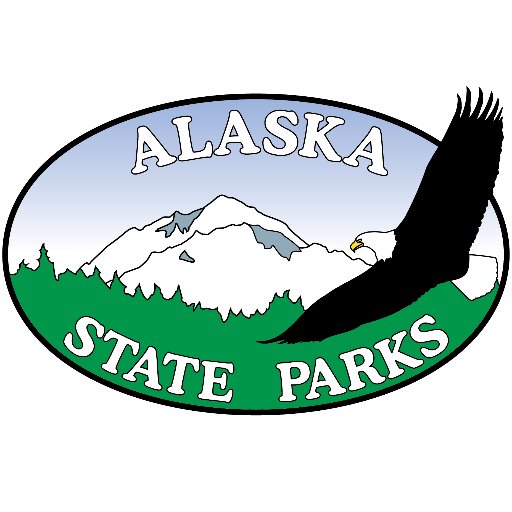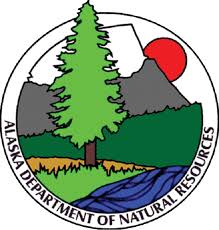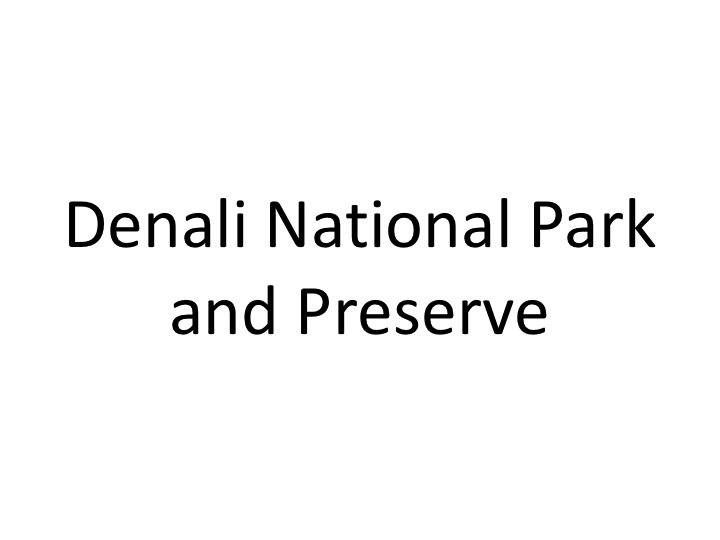Pre-Course Information
Rec 2 Avalanche Course
Please use this list to prepare for your Rec 2 course with AGC. Also see the AGC Avalanche Resources page for more links. Please don't hesitate to contact the lead instructor Joe Stock with questions at: alaskaguidecollective@gmail.com or 907-830-0125
Pre-Course Homework
Complete one adult waiver or one minor waiver (under 18) per person.
Complete the pre-course quiz. This is to help you prepare and will not be collected.
Optional reading
The Avalanche Factor by Joe Stock or Staying Alive in Avalanche Terrain by Bruce Tremper.
A Conceptual Model of Avalanche Hazard, Statham et al, 2017. This is the modern avalanche forecasting paper. It’s heavy, but worth a look.
Yin, Yang, And You. Roger Atkins. Proceedings of the ISSW. 2014.
Practice rescue. This is not a rescue course. Please practice in the weeks before so you can use this course to fine-tune and update your existing rescue skills. The Backcountry Access rescue videos help. Practice in an open park with a buddy hiding a beacon from you. If you don’t have snow, use paper lunch bags to hide the beacon. Practice digging with your buddies by pushing a probe 150 cm into a deep drift and then digging to the probe tip.
Load the Gaia GPS app or OnX app onto your phone. Download the USGS Topo Base Map and Slope Angle Avalanche layers for Turnagain Pass and Hatcher Pass.
Watch Rescue at Cherry Bowl
Watch Avalanche Problems Explained.
Watch the videos below.
Prepare for the Cold!
We will be standing around more than on a normal day of backcountry skiing. It might be cold and stormy. Also see the detailed gear list. Some additional tips:
Bring a BIG backpack to put all this stuff in.
Bring multiple puff layers: two puff coats, puff pants or puff skirt.
Bring big insulated boots like Muck Arctic boots for the parking lot debrief.
Bring a thermos of hot drink for the trail.
Leave a thermos of hot drink in your car for afterward.
Eat a big breakfast and eat all day long.
Keep your toes warm with clean socks, heat packs, possibly electric socks (Lenz are best), or 40 Below Fresh Tracks overboots.
Consider bringing extra layers in the car like a sleeping bag to wrap around your shoulders for the parking lot debrief.
Itinerary
Note: If the weather forecast predicts poor learning conditions at the planned venue we may shift to Turnagain Pass, Summit Lake, Hatcher Pass, Western Chugach, or the Chugach Front Range.
Day 1: and Rec 1 review
8am trip plan inside Kaladi Brothers Coffee on Brayton in Anchorage.
Introductions
Avalanche types review
Trip planning
10am - 4pm field session at Glen Alps
Trailhead checks review
Rescue refinements, advanced rescue techniques, and rescue updates
Snow observations including instability tests
Weather observations
4pm - 4:30pm parking lot debrief
Day 2: Travel skills day
8am trip plan inside Vagabond Blues in Palmer
Group trip planning
Applying the forecast for route planning
10am - 4pm field session at Hatcher Pass
Terrain analysis
Applying the trip plan to the field
Decision making techniques
Managing the team on the ascent
Managing the team on the descent
Applying margins for safety
4pm - 4:30pm parking lot debrief
Day 3: Tour day
8am trip plan inside CoasT Pizza in Girdwood
Avalanche forecasting for remote Alaska
Student led trip planning
10am - 4pm tour at Turnagain Pass while putting it all together
4pm - 4:30pm parking lot debrief and course wrap up
Trip Planning Worksheets
Course Includes
Three days (24 hours) of instruction.
Professional instructors: AMGA-certified Ski Guides and American Avalanche Association Pro 2 certified.
5:1 max student to instructor ratio.
Field book.
Rec 2 certificate of completion approved by the American Avalanche Association.
Course Does Not Include
Transportation to and from the trailhead.
Lodging, food, and drink.
The Avalanche Factor by Joe Stock or Staying Alive in Avalanche Terrain by Bruce Tremper.
Personal gear and avalanche rescue gear. See gear list.
Rescue and trip insurance (recommended). See Avalanche Reservation, Cancellation and Insurance Policy for details.
Prerequisites
Advanced downhill ability. You must be able to ski or splitboard black diamond resort runs without falling. Being in control on skis is fundamental to reducing risk, group compatibility, group learning, and your learning.
Rec 1 and Rescue courses. At least a year of experience since your Rec 1 and Rescue courses including at least 15 backcountry days practicing those Rec 1 and Rescue skills. You should arrive knowing basic avalanche companion rescue skills and have recent practice. On this course we spend about three hours refining those rescue skills, introducing recent updates, and adding advanced rescue skills. Rec 1 and Rescue courses are required by the American Avalanche Association (A3) before taking the Rec 2. A3 sets the standards for all US avalanche educators.
Proficiency with your field gear. You must be dialed with your backcountry gear including your bindings and skins. This is not a backcountry ski course. Sorry, no snowshoes on this course.
Fitness for three consecutive days in the mountains, skinning up about 500-3,000 vertical feet each day.
Be prepared to remain outside all day in cold and foul weather.
Age 16 or older and able to drive.


